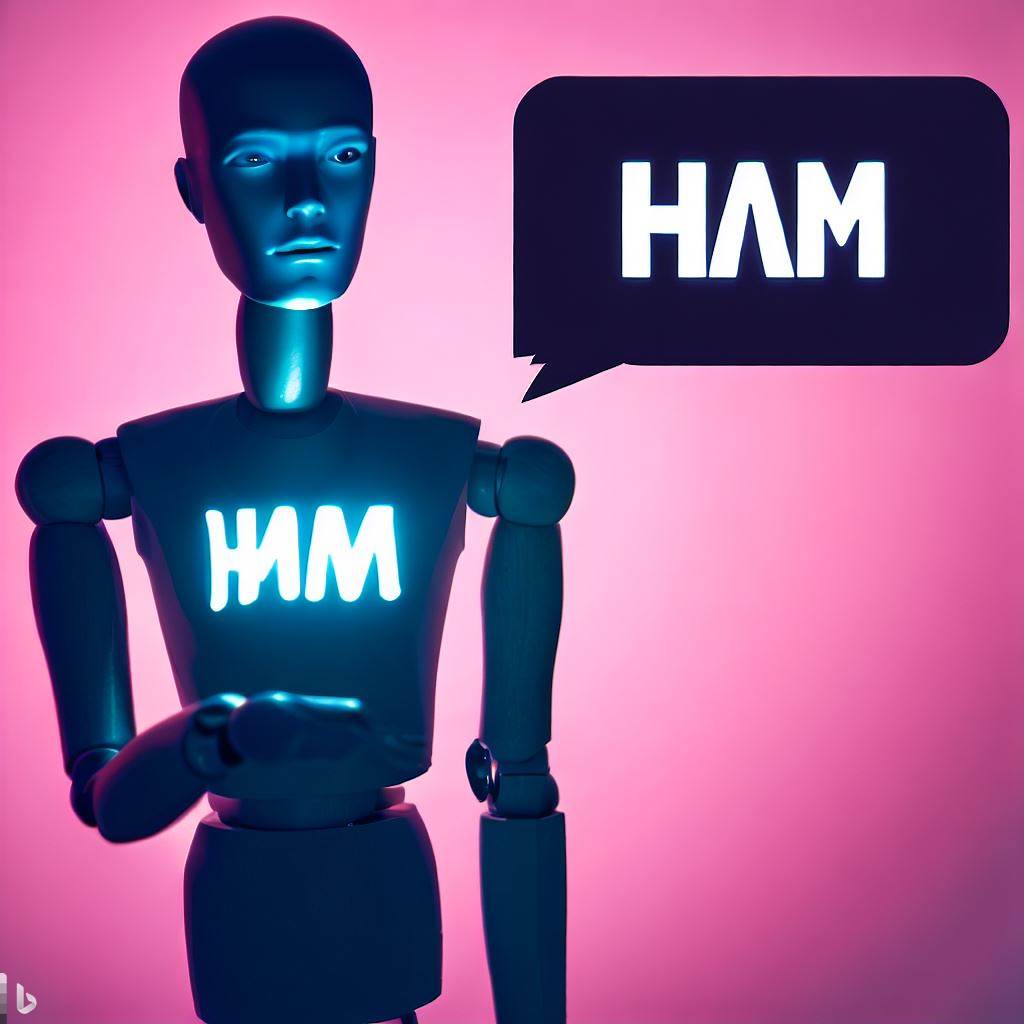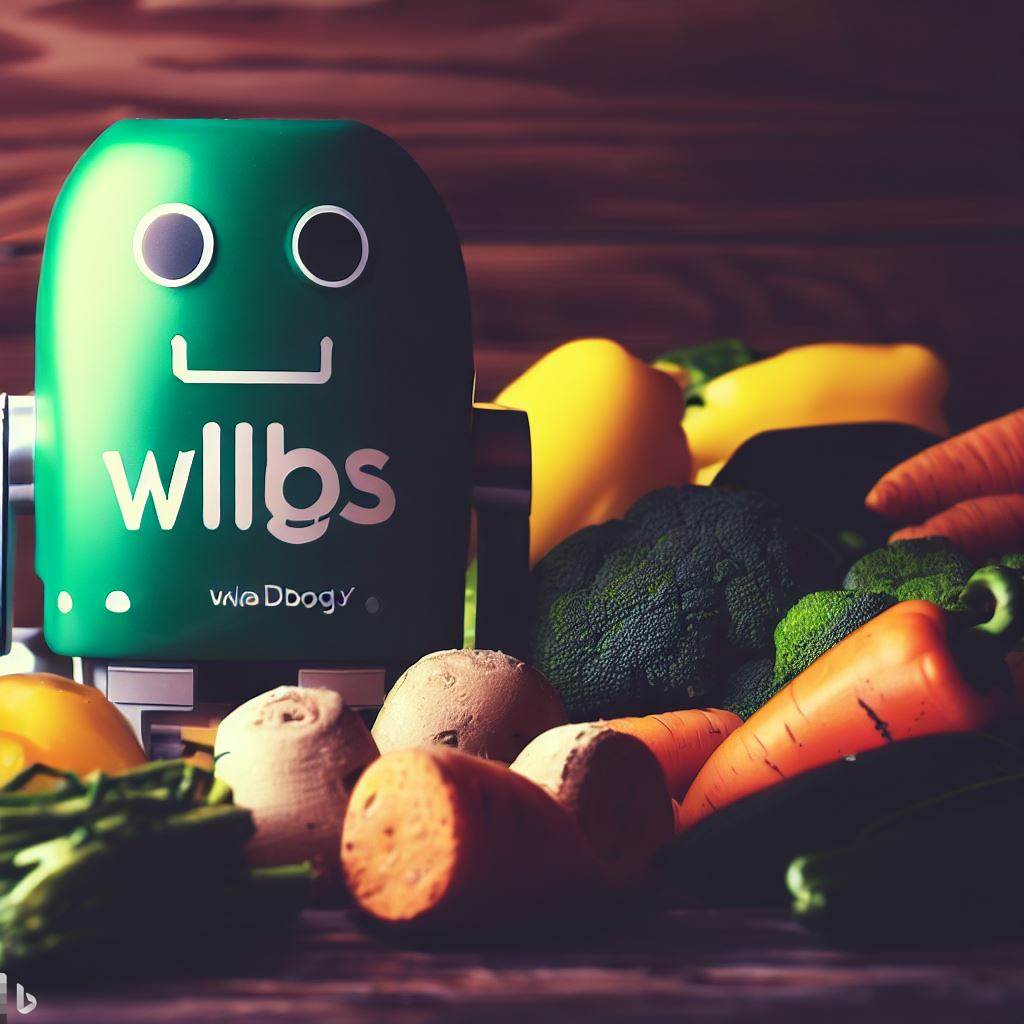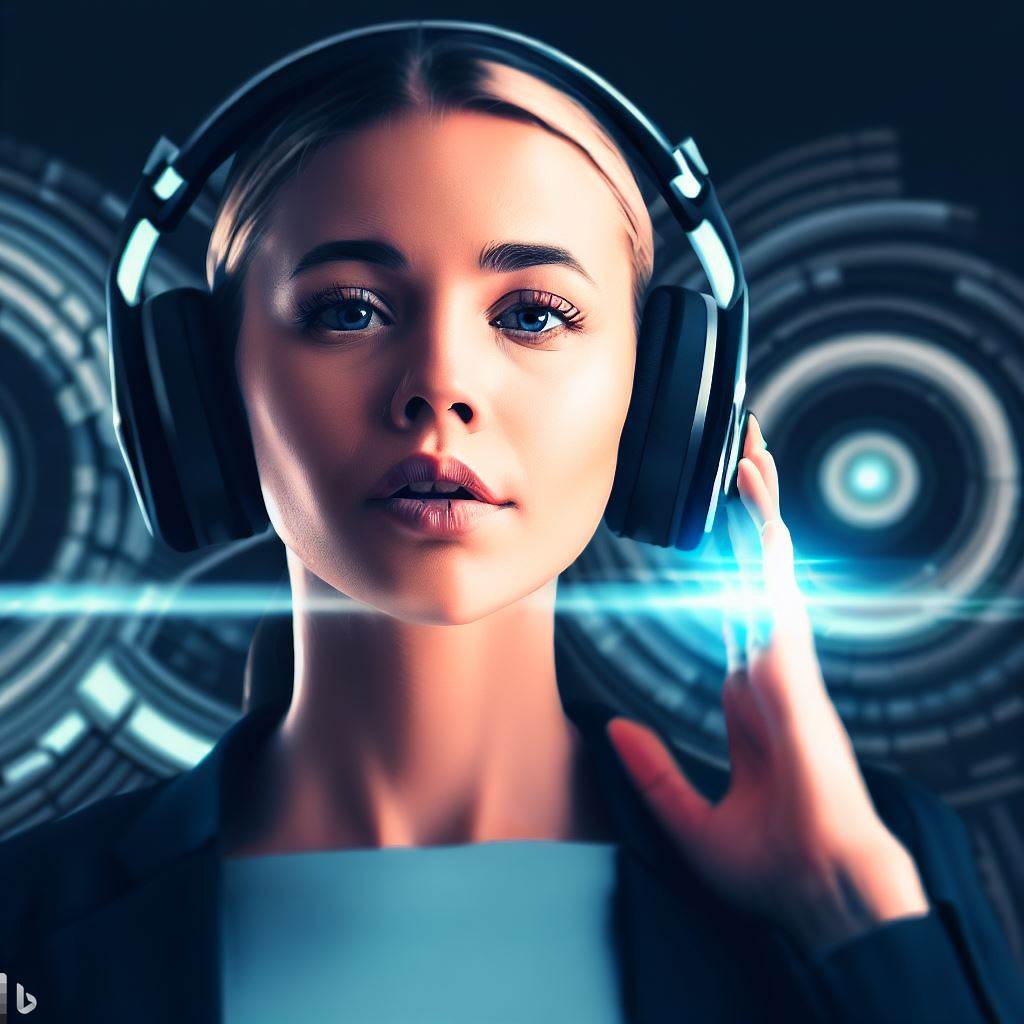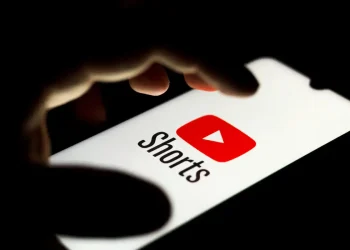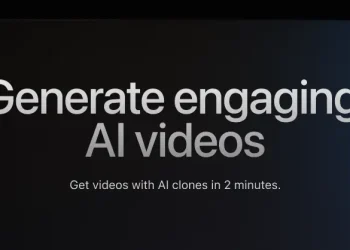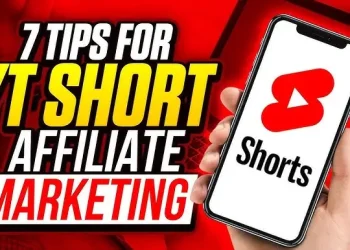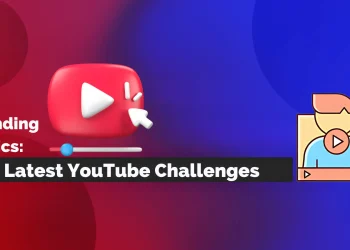The Rise of ChatGPT in the Marketing Industry
As technology continues to advance, businesses are always on the lookout for new ways to engage with their target audience. One such innovation that has gained popularity in recent years is ChatGPT – a chatbot technology that uses artificial intelligence (AI) to simulate human-like conversation.
ChatGPT has revolutionized the way businesses interact with customers by offering 24/7 customer assistance, personalized recommendations, lead generation and automated sales processes. Thanks to its versatility and cost-effectiveness, ChatGPT has become a go-to tool for marketers looking to improve customer experience and boost revenue.
The Importance of Using ChatGPT in Marketing Strategies
According to recent studies, over 80% of businesses plan to use chatbots by 2025. This statistic alone is proof of how important it is for companies to embrace this technology in their marketing strategies. Incorporating a chatbot like ChatGPT can help businesses reduce costs while improving customer satisfaction rates and sales.
By using chatbots powered by AI technologies such as natural language processing (NLP), machine learning (ML), and sentiment analysis, marketers can create more personalized experiences for their customers. The ability of ChatGPT-enabled chatbots to understand natural language and context makes them an ideal tool for enhancing customer engagement, lead generation, feedback collection, and streamlining sales processes.
Moreover, unlike human agents who are limited by time zones or work hours, chatbots can operate around the clock without breaks or fatigue. This means that customers can get instant answers regardless of when they require assistance – something that inevitably leads to greater overall satisfaction levels.
Using chatbots allows companies to collect valuable data about their customers’ preferences through interactions with them via the bots. These insights can be used to create more targeted marketing campaigns, personalized promotions, and tailor-made products.
ChatGPT is becoming an essential tool for businesses that want to stay ahead of their competition. Incorporating ChatGPT-powered chatbots into marketing strategies can lead to greater customer satisfaction rates, increased sales, and reduced costs.
Understanding ChatGPT
What is ChatGPT?
ChatGPT, also known as Generative Pre-trained Transformer 3 (GPT-3), is a natural language processing (NLP) model developed by OpenAI. It uses deep learning algorithms to generate human-like responses to written or spoken prompts. This means that it can understand and respond to text inputs in a way that mimics human communication.
Unlike traditional chatbots, which are pre-programmed with responses based on specific keywords or phrases, ChatGPT has the ability to generate unique and contextually relevant responses. This makes it an ideal tool for businesses looking to provide personalized customer service and engagement at scale.
How does ChatGPT work?
ChatGPT works by analyzing vast amounts of text data from the internet, including books, articles, and websites. It then uses this data to train its algorithms on how to generate coherent and contextually relevant responses. The model is pre-trained on a wide range of tasks such as language translation, summarization and question answering among others.
Once trained, businesses can fine-tune the model for their specific use cases through supervised or unsupervised training. When a user inputs text into the system via chatbot interface integrated with GPT-3 API, the model analyses the input text for context before generating a response which reflects what was inputted earlier in a conversational manner.
Benefits of using ChatGPT for businesses
Chatbots powered by GPT-3 can help businesses provide personalized communication at scale while reducing workload on customer support teams. Some benefits include: 1. Improved customer engagement: With access to vast databases of information online coupled with intense training data set fed into GTP-3’s algorithms ,the system has near-human level abilities when handling complex queries or giving advice thereby increasing customer satisfaction rates.
2. Cost effective: Running a customer support center or hiring additional staff to handle inquiries could be expensive for businesses. ChatGPT-powered chatbots can provide 24/7 support without the need for additional staff.
3. Improved sales and conversion rates: Chatbots can be programmed to generate leads, recommend products or services, qualify leads, process payments among other e-commerce functions thereby increasing revenue generation activities by the business. 4. Accurate data analysis and reporting: ChatGPT technology can collect data on customer behavior and preferences that is useful in identifying trends and patterns that can inform future marketing strategies by businesses.
ChatGPT technology is a game changer for businesses looking to improve their customer engagement while reducing workload on their support teams. The next section will dive into how businesses can harness the power of this technology to create innovative marketing strategies.
11 Ingenious Ways to Harness the Power of ChatGPT in Marketing
ChatGPT provides businesses with a unique opportunity to engage with their customers in a more personalized, efficient and interactive way. Here are 11 ingenious ways to harness the power of ChatGPT in marketing:
Personalized Customer Service through Chatbots
Chatbots are an excellent tool for providing personalized customer service. They can answer frequently asked questions, provide product information, and offer support for a range of customer issues.
By using machine learning algorithms, chatbots can even learn from previous interactions with customers and provide more accurate responses over time. A great example of this is H&M’s chatbot on Kik Messenger.
Customers can find styling tips and outfit suggestions by simply chatting with H&M’s chatbot. The chatbot uses AI technology to understand customer preferences and tailor its recommendations accordingly.
Lead Generation through Interactive Conversations
By engaging potential customers in interactive conversations, businesses can generate leads while also providing valuable information about their products or services. Chatbots can be programmed to ask qualifying questions that help businesses determine whether a prospect is a good fit for their offerings.
For instance, Hubspot’s conversational marketing platform enables users to create chatbots that can qualify leads by asking questions related to the customer’s needs or interests. This way, businesses can effectively reduce unnecessary back-and-forth communication while increasing lead quality.
Product Recommendations Based on Customer Preferences
One of the most powerful features of ChatGPT is its ability to analyze vast amounts of data quickly and efficiently. This ability allows businesses to offer personalized product recommendations based on customer behavior and preferences.
For example, Spotify uses machine learning algorithms to recommend music based on users’ listening history and habits. Similarly, Amazon suggests products based on previous purchases, browsing history as well as other factors like location, age and gender.
Real-time Feedback Collection and Analysis
ChatGPT can help businesses collect real-time feedback from customers, which can be used to improve products, services or customer experience. By analyzing customer feedback in real-time, businesses can quickly spot trends or areas for improvement. For example, Delta Airlines launched a chatbot for customers to report lost baggage.
Through the chatbot, customers can easily submit information about their lost baggage and receive updates on the status of their claim. This way, Delta is able to handle baggage claims more efficiently while also collecting valuable feedback from customers.
Automating Sales Processes with Chatbots
Chatbots are an excellent tool for automating sales processes. They can qualify leads, schedule appointments and even guide customers through the purchasing process.
For instance, Sephora launched a chatbot on KIK to help customers book in-store appointments with makeup artists or browse online products that match their preferences. The chatbot also offers tips on how to apply makeup and provides product recommendations.
Creating Engaging Quizzes and Surveys for Customers
By creating engaging quizzes or surveys using ChatGPT technology, businesses can gather valuable insights into customer preferences while also providing a fun interactive experience for users. For example, BuzzFeed created a quiz for its readers on Facebook Messenger called “Which City Should You Actually Live In?” Users answer questions related to their lifestyle preferences such as favorite foods or hobbies. Based on responses ChatGPT recommends them which city they should live in based on those preferences.
Providing Instant Answers to Frequently Asked Questions
One of the simplest ways businesses can use ChatGPT is by offering instant answers to frequently asked questions (FAQs). By doing so they save time of both parties involved in communication leading better customer satisfaction levels with faster response times
A great example of this is National Geographic’s chatbot on Facebook Messenger. The bot provides users with information about the company, its products, and services, and answers common questions.
Offering Personalized Promotions and Discounts through Chatbots
Chatbots can also be used to offer personalized promotions or discounts to customers based on their previous interactions or preferences. For example, Domino’s launched a chatbot that allows customers to order pizza through Facebook Messenger. The chatbot not only takes orders but also offers personalized promotions such as 25% discount for new users.
Conducting Market Research through Chatbot Conversations
Chatbots can be used to conduct market research by engaging in conversations with potential customers. By asking qualifying questions businesses can gather valuable insights into what motivates their target audience
Google has been seen using this strategy where it’s working on an AI-powered chatbot called “Meena” which is designed to hold conversations like humans do. It could help Google collect insights into how people interact with conversation systems, which could eventually lead to better search results.
Streamlining Appointment Scheduling with Chatbots
Chatbots can streamline appointment scheduling by allowing users to book meetings or appointments directly through messaging apps. For example, X.ai created a chatbot called Amy that helps schedule meetings for busy executives without back-and-forth email communication. Users simply copy Amy on emails between them and their contacts regarding scheduling requests..
Enhancing Brand Awareness with Interactive Storytelling
Businesses can enhance their brand awareness by creating interactive stories that engage consumers in a unique way. This type of storytelling makes use of multiple channels – including social media messaging platforms -to provide users with an engaging narrative experience. For example, Mercedes-Benz created a chatbot called “Ask Mercedes” that allows consumers to interactively explore the brand’s history as well as its latest models or technology.
The chatbot takes users on a journey through the brand’s history, and even offers insights into what the future holds for Mercedes-Benz. ChatGPT has revolutionized the way businesses interact with customers.
By using chatbots and other interactive tools, businesses can offer personalized experiences that improve customer satisfaction, increase brand loyalty as well as productivity. With innovative uses and improvements to come in AI technology, ChatGPT is poised to become an indispensable tool in every business’s marketing toolkit.
Case Studies: Successful Implementation of ChatGPT in Marketing Strategies
The Power of Personalized Recommendations: H&M
H&M, one of the world’s largest fashion retailers, successfully implemented ChatGPT in their marketing strategy to provide personalized product recommendations to their customers. The chatbot asks customers a series of questions about their style preferences and then makes recommendations based on those preferences. This feature not only improves the customer experience but also increases sales by suggesting products that clients are more likely to buy.
According to H&M, the chatbot has increased customer engagement by 10%, and sales have increased by 12%. The company has also reported that customers who interact with the chatbot are more likely to return to their website, resulting in an increase in customer loyalty.
Achieving Customer Satisfaction Through Personalized Support: Sephora
Sephora is a popular beauty retailer that has effectively used ChatGPT to improve its customer service. Sephora’s virtual assistant “Sephora Virtual Artist” helps customers find products and provides makeup tutorials through a conversation.
Customers can upload their photos and then try different makeup looks virtually. The use of the virtual artist chatbot has allowed Sephora to become easily accessible as it can provide assistance 24/7.
According to Sephora, this feature helped increase customer satisfaction by 95%. In addition, the company reported that customers who interacted with the chatbot spent more than twice as much as those who did not.
Automating Sales Processes Through Chatbots: Pizza Hut
Pizza Hut has taken full advantage of ChatGPT technology by using it for several aspects of their business operations such as taking orders through Facebook Messenger or Twitter Direct Messages. Customers can simply order via text messages or voice commands through these platforms.
By automating its ordering process with chatbots, Pizza Hut was able to increase its sales by 28% as the ordering process became much easier and convenient for customers. Furthermore, the chatbot enabled the company to cut costs by eliminating the need for a large customer service team.
Making Market Research More Engaging: Whole Foods
Whole Foods has effectively used ChatGPT technology to conduct market research in a more engaging way. The company launched a chatbot that conducts surveys while engaging customers through interactive conversations. It helps Whole Foods obtain feedback from customers about their shopping experiences and preferences.
According to Whole Foods, this approach has increased its response rate by 50%, making it an effective tool for market research. The company has been able to use the data obtained from these surveys to make more informed business decisions and improve their products and services based on customer preferences.
These case studies provide evidence of how businesses can harness the power of ChatGPT in marketing strategies successfully. H&M’s personalized product recommendations, Sephora’s virtual artist chatbot, Pizza Hut’s automated ordering process, and Whole Foods’ interactive survey have all proven that there are numerous ways businesses can use ChatGPT effectively.
By using ChatGPT technology, companies can enhance customer experience by providing personalized support, automate sales processes and collect real-time feedback which ultimately leads to higher sales. As we move towards more digital-centric lifestyle where people prefer messaging over calling or talking in person, implementing ChatGPT will become increasingly vital for businesses looking to maintain customer satisfaction levels while remaining competitive in their respective industries.
Recap of the Benefits and Potential Uses of ChatGPT in Marketing Strategies
As we’ve discussed throughout this article, there are numerous benefits to using ChatGPT in marketing strategies. The technology allows for personalized customer service, lead generation, real-time feedback collection and analysis, sales process automation, engaging quizzes and surveys, instant answers to frequently asked questions, personalized promotions and discounts, market research via chatbot conversations, streamlined appointment scheduling and enhancing brand awareness through interactive storytelling.
One of the biggest advantages of using ChatGPT in marketing is the ability to provide a more personalized experience for customers. With chatbots interacting with customers in real-time, businesses can quickly respond to customer inquiries while also providing tailored recommendations based on their preferences.
This can lead to increased customer satisfaction and loyalty. Another benefit of using ChatGPT is the potential for cost savings.
By automating certain processes like customer service or appointment scheduling, businesses can reduce their staffing needs while also improving efficiency. Additionally, chatbots can work around the clock without needing breaks or time off.
The Future of Marketing with ChatGPT
As AI technology continues to rapidly advance and become more accessible for businesses big and small alike, it’s clear that ChatGPT will continue to play a huge role in marketing strategies moving forward. One area where we’re likely to see continued growth is in voice-activated virtual assistants like Amazon’s Alexa or Google Home.
As these devices become increasingly popular among consumers (one survey found that 22% of US households own a smart speaker), it’s important for businesses to consider how they can optimize their online presence for voice search queries. In addition to voice-activated assistants, we’ll likely see more integration between chatbots and other technologies like augmented reality (AR) or virtual reality (VR).
This could allow companies to create even more immersive brand experiences by allowing customers to engage with products and services in new and exciting ways. Overall, the possibilities for using ChatGPT in marketing are virtually limitless.
Whether it’s improving customer service, generating leads or enhancing brand awareness, there’s no doubt that chatbots will continue to be an invaluable tool for businesses looking to stay ahead of the curve. So if you haven’t already started thinking about how ChatGPT can fit into your marketing strategy, now is the time to start!


